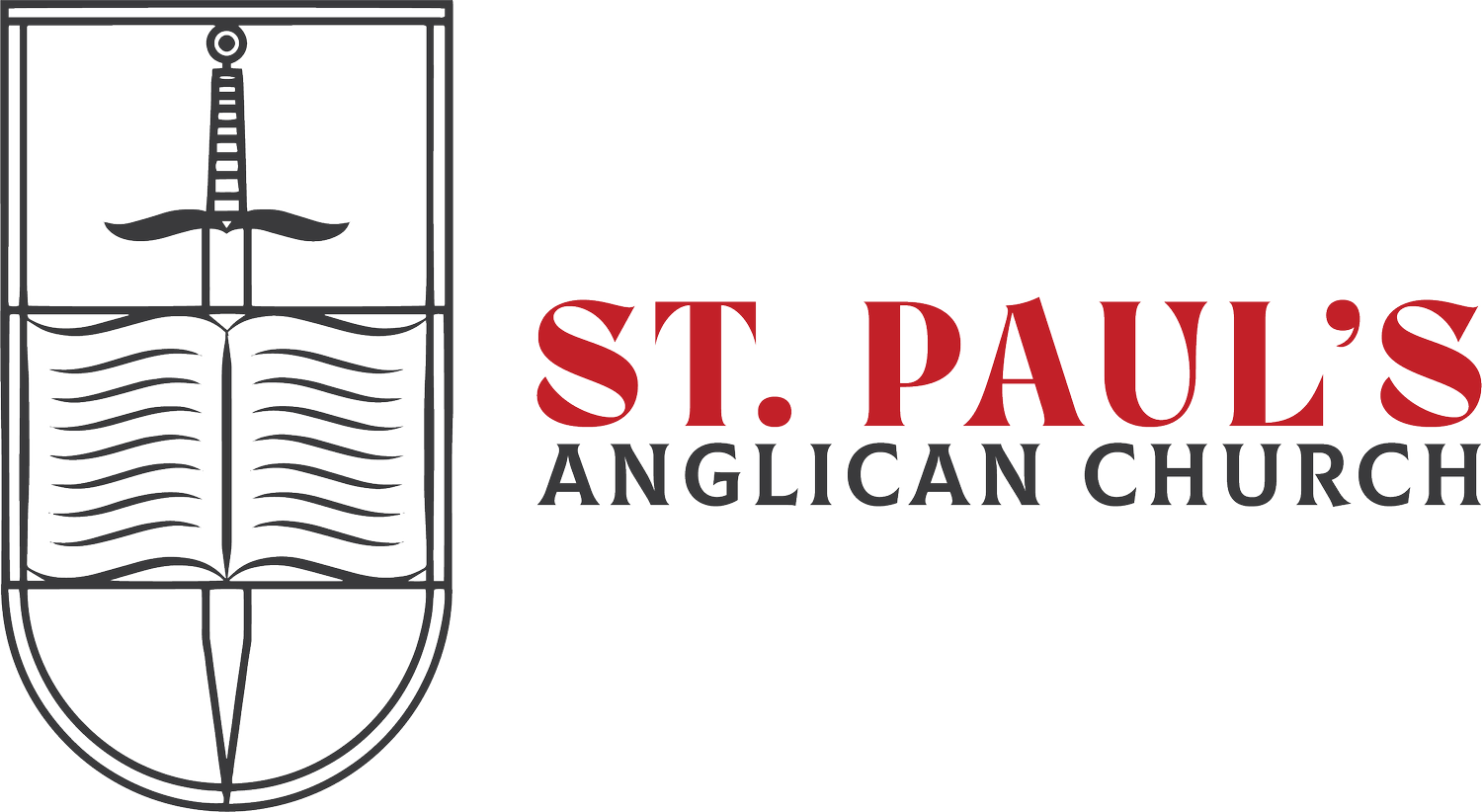Reflection: Allhallowtide
By Fr. Wesley Walker
O Almighty God, who hast knit together thine elect in one communion and fellowship, in the mystical body of thy Son Christ our Lord; Grant us grace so to follow thy blessed Saints in all virtuous and godly living, that we may come to those unspeakable joys which thou hast prepared for those who unfeignedly love thee; through the same thy Son Jesus Christ our Lord. Amen.
-The Collect for All Saints’ Day (BCP 256)
Christianity is a religion built around the idea of memory. “Do this in remembrance of me.” When the past events of salvation-history are brought into the present, we place ourselves in the context of the Church: “with Angels, and Archangels, and all the Company of Heaven.” If we are “in Christ,” we are united to everyone else who is “in Christ.” This union exists not only among Christians here on earth (the Church Militant), but includes all Christians who have gone before us onto their heavenly reward (the Church Triumphant). There are two biblical images that highlight this unity. The first is Hebrews 12:1 (a passage that the BCP has us read at Morning Prayer on All Saints’ Day — see p. xlv) where the author says, “Wherefore seeing we also are compassed about with so great a cloud of witnesses, let us lay aside every weight, and the sin which doth so easily beset us, and let us with patience the race that is set before us.” The “cloud of witnesses” here are likened to the audience at a sporting event. When I went to a Dallas Cowboys game a few weeks ago, the fans weren’t passive, but an active part of the game, cheering on our team. The same is true with the Church Triumphant: the Church Militant is not so cut off from our heavenly predecessors; quite the opposite. Those in heaven are cheering us on with their prayers. That they are involved is further evidenced by a second biblical example: the heavenly worship found in Revelation 5:8 and 7:9-10. As the Church, then, we are united to one another in Christ and one way we express this “mystical union” is in the Church Kalendar.
The Church Kalendar is a means of corporate and individual recollection of life in Christ. From Advent I until the end of Whitsuntide, we follow the earthly life of Christ. Throughout the Kalendar are a various Feast Days where we commemorate saints. The Kalendar transfigures our conception of time so that today is not just Friday, October 28, 2022; it is the Feast of St. Simon and St. Jude. According to Anglican priest Martin Thornton, “The Office and Mass on that day, and therefore our private prayer as well, are no bare memorial to one of the Apostles, but the expression of this time-eternal, earth-heaven, nature-grace, link” (Christian Proficiency 68). Not only does the Kalendar afford us a new and redeemed view of time, it aids the development of our Christian imagination by placing before us exemplary Christians whose examples are worthy of emulation because they have lived holy lives in a variety of contexts. This week is an important week in the Church Kalendar because we have a triduum of Holy Days, often called Allhallowtide: Halloween (All Hallow’s Eve), All Saints’ Day, and All Souls’ Day.
All Hallow’s Eve is a day to prepare for All Saints’ Day. Historically, this was done by a service in the church followed by festivities and visits to cemeteries so people could put out candles and flowers in preparation for All Saints’ and All Souls’. All Saints’ Day is a day for us to celebrate the fact that we are part of “the mystical body of thy Son, which is the blessed company of all faithful people” (BCP 83). All Saints’ is a day of celebration —hence the white vestments—of Christ’s victory over death and the new life he brings to members of the Church. By recognizing all the saints, we worship Christ because “Christ will be glorified in his saints” (2 Thess 1:10).
The final day of Allhallowtide is All Souls’ Day. This is a special time for us to remember and honor the dearly departed, especially our family and friends. For this reason, it is often called “the Day of the Dead.” it is a good day for us to pray for the departed (see BCP pp. 598 and 332) and visit the graves of loved ones. As a corporate act of remembrance, churches often do a Requiem Mass where we name the dearly departed from the parish and those names requested by parishioners. On All Saints’ Day, we look to the Church Triumphant to honor and celebrate them, knowing that they are praying for us; on All Souls’ Day, we pray for those departed Christians we know and love that God may “open to them the gates of larger life” (BCP 598).
The Allhallowtide triduum is too often overlooked and neglected. Halloween is immensely popular In our culture, but, just like Christmas, its true purpose has been supplanted by mindless consumerism and empty hedonism. Put Christ back in Halloween! Stop the war on Allhallowtide! In all seriousness, these three days really are about the work of our Lord and Savior Jesus Christ, the identity of his Church, and our place in it. So we use these three days to make acts of recollection, specifically by recalling the collective memory of the Mystical Body’s experience with the God who redeems.

